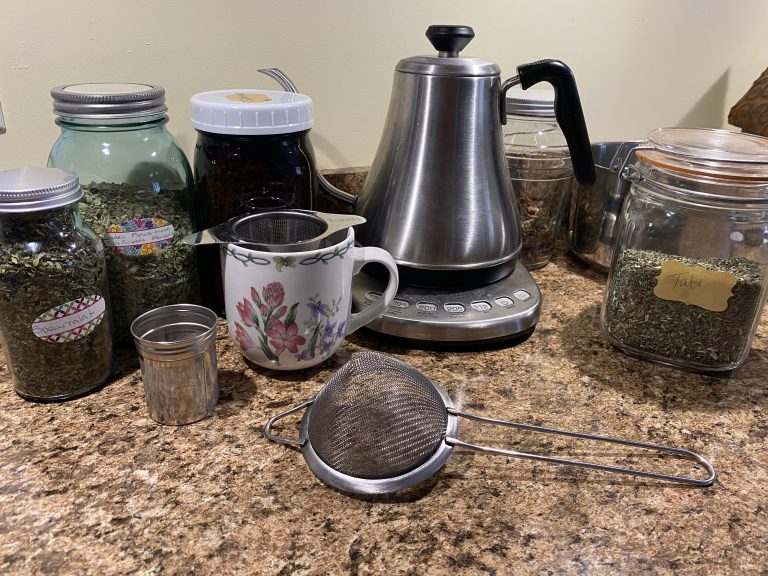Vitamin D Benefits and How to Get Enough
This post may contain affiliate links. View our disclosure policy here.
This post will discuss what Vitamin D is, Vitamin D benefits and how to make sure you are getting enough!
What is Vitamin D?
Have you read all those confusing articles about what vitamin D is? We usually refer to it as a vitamin but technically it is not a vitamin because vitamins are nutrients we get entirely from OUTSIDE the body and our body actually does make vitamin D itself. BUT. Yeah, there’s a BUT. We must go about doing the right things for our body to do that and truth is, most of us do not. Therefor, the vast majority of us need to take a quality Vitamin D3 (with K2) supplement and so it is generally known as a vitamin by the general public. A lot of sources also consider Vitamin D a hormone. It kind of is. But there’s also a lot of chemical changes that go on in the body to take the sunshine that is absorbed by your skin into the final hormone it ends up becoming.
How Do We Get Vitamin D Naturally?

Our bodies have the capacity to produce vitamin d through chemical processes in the body with the correct amount of sunlight. But there’s a lot of reasons our bodies do not get enough sunlight.
- Time Outdoors – The major cause of Vitamin D deficiency is sun exposure. Our ancestors spent the majority of their days outdoors. And with that the big factor is the amount of time we spend outdoors. If you don’t spend time outdoors, you can’t possibly get enough sun exposure.
- Season – The season is important because in the summer, the sun is higher in the sky. This means less UV radiation filtered by the atmosphere and, of course, daytime is longer.
- Approximation to the Equator – The further we are from the equator, the lower the strength of the sun. This lowers our natural potential to produce vitamin D. Miami Florida is closer to the equator in the United States than Pennsylvania or other states that are farther north, therefor those living in southern states have more sun availability.
- Skin Tone– The darker the skin tone, the more difficulty it is to allow adequate vitamin D production.
- Other Factors– there are several other factors regarding sun exposure to consider as well such as pollution, people that only hang out in the shade when they are outdoors, sunscreen, and amount of clothing covering the body.
Why is Vitamin D important? What are the benefits?
Most people are taught in elementary school health class that Vitamin D deficiency causes rickets, but not everyone has learned that Vitamin D is an important element with a whole host of other health conditions. Vitamin D plays a crucial role in disease prevention as well as maintaining optimal health. This is one item that really needs to be in your wellness basket! Vitamin D has been demonstrated to play a part in prevention and treatment of a large range of conditions such as asthma, autoimmune disease, cancer, fibromyalgia, heart failure, inflammatory bowel disease, multiple sclerosis and more. Vitamin D has shown to be directly, or indirectly, responsible for regulation of hundreds of genes. It also plays a role in modulating inflammation and immune function.
Can I get enough from fortified or whole foods?
In short, the answer is no.
It’s true that there are fortified ‘foods’ that have Vitamin D added such as milk and cereals. I would never recommend any of those as a good source because synthetic vitamins do not function the same as the natural vitamins you can find in a quality supplement (note the word quality- you still need to do your homework).
There are some whole foods that contain a small amount of Vitamin D naturally. This includes fatty fish, eggs and meat. Even some mushrooms. However, it’s really an insignificant amount. There’s just no way that these sources alone will get you to an optimal level. Even if you consume them daily.
How Do I Make Sure I’m Getting Enough?
My to biggest recommendations are to get as much sunshine as possible AND to get your Vitamin D level tested.
The only way to know what your level is and what amount you need to supplement is to get tested. There are two types of tests. One is called the 1,25 (OH) D and the other is the 25(OH)D. The one you want is the 25(OH)D, also knowns as the 25-hydroxyvitaminD because it is the better marker of overall vitamin D status. Be sure, when you are at your medical doctor’s office, to ask for the 25(OH)D test because this is not always the one used.
Dr. Mark Hyman, author and head of Strategy and Innovation of Cleveland Clinic’s Center for Functional Medicine, reports that to reach full vitamin D benefits, the amount needed will vary from person to person for optimal health. In Dr. Hyman’s practice he sees people doing well with levels between 30-100 ng/mL (nanograms per milliliter) but says the optimal range he shoots for is 40-70 ng/mL.
My own functional medicine doctor’s practice suggests never having a level lower than 50 but 80 is optimal. So 60-80 is the level I strive for myself. I fluctuate between the amounts I take depending on the season, my time outdoors and my test results. These are the brands I like from Amazon: Zhou Nutrition and Metagenics. I always make sure my vitamin D supplements come with K2. Your doctor may have some brands he or she recommends. It is also advised by several sources to make sure you are taking magnesium as well.
Keep Vitamin D in Your Basket!
In closing, vitamin D is a key player in your overall health and should always be in your wellness basket. As indicated above, it will depend on the season and your daily schedule, vitamin D test results and other factors on whether that Vitamin D is coming solely from the sun/outdoor time or whether a quality D3 with K2 supplement is needed.






